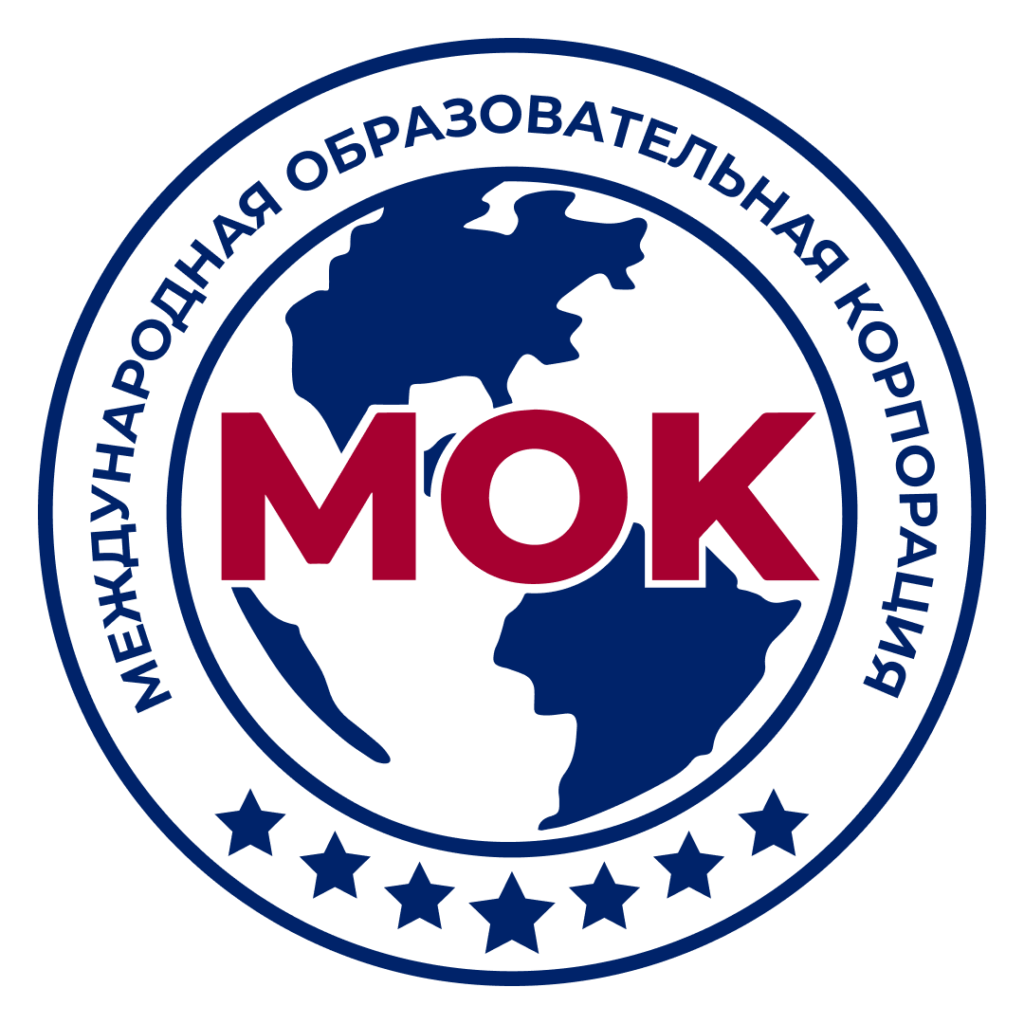МОК
Mandatory Work Commitment for Young Specialists and PhD Graduates
Citizens admitted to doctoral (PhD) programs under the state educational grant are required to work in higher and/or postgraduate educational institutions or research organizations for at least three years after completing their studies.
For further information, please refer to the FAQ section.

